Essential Tips for Monitoring and Maintaining Your Rabbit's Dental Health
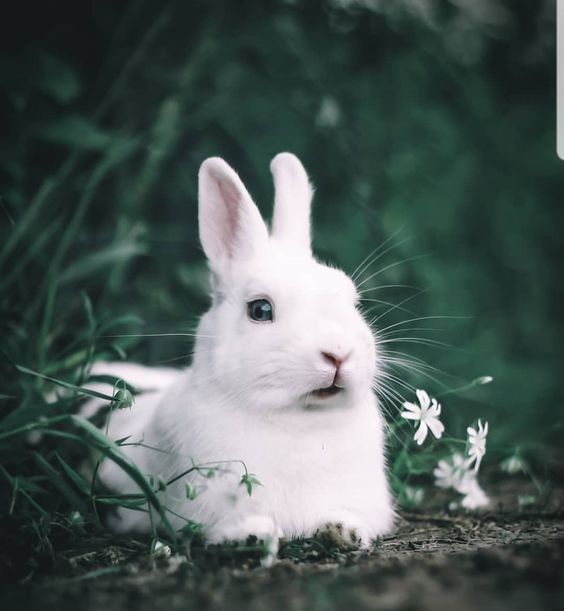
Introduction: Rabbits are well-known for their large, ever-growing teeth, which are crucial for their survival. These teeth allow them to gnaw on a variety of foods, especially fibrous materials like hay, which is vital for their diet and dental health. However, without proper care, a rabbit's teeth can become overgrown, leading to serious health issues. This blog post explores how to properly check your rabbit's teeth, signs of dental problems, and preventive measures to ensure your furry friend maintains optimal dental health.
Understanding Rabbit Dental Anatomy
Rabbits have a unique dental structure; their teeth grow continuously throughout their lives. This includes both their incisors (front teeth) and molars (back teeth). Ideally, the act of chewing fibrous food wears the teeth down at a rate that matches their growth, keeping them at a healthy length.
How to Check Your Rabbit's Teeth
- Gentle Handling: Ensure your rabbit is calm and comfortable before attempting to check their teeth. A tame rabbit is less likely to resist a dental check.
- Visual Inspection: Carefully pull back the rabbit's lips to inspect the incisors. They should be evenly worn, sharp, and free of chips or discoloration.
- Checking Alignment: The top incisors should slightly overlap the bottom ones. Misalignment can indicate dental problems that require veterinary attention.
Signs of Dental Issues in Rabbits
- Difficulty Eating: Dropping food or a sudden disinterest in eating, especially hard foods, can indicate dental discomfort.
- Weight Loss: Unexplained weight loss might be due to pain or difficulty eating caused by dental issues.
- Excessive Drooling: Known as slobbers, this can signal dental problems or mouth injuries.
- Facial Swelling: Swelling near the jaw or cheeks may be a sign of an abscess or tooth root overgrowth.
Preventing Dental Problems
- Adequate Diet: Provide plenty of hay, which is essential for wearing down teeth and promoting good dental health. Fresh vegetables and a limited amount of pellets should complement their diet.
- Regular Checks: Perform regular dental inspections at home and have your vet check their teeth during routine health exams.
- Chew Toys: Offer safe, chewable toys made from untreated wood, hay cubes, or cardboard to help keep their teeth in check.
When to Visit the Vet
If you notice any signs of dental problems, or if your rabbit's teeth seem overgrown, it's crucial to visit a vet experienced with rabbits. They can safely trim or burr the teeth under sedation if necessary, alleviating any discomfort and preventing further complications.
Conclusion
Dental care is a critical component of overall rabbit health. By conducting regular dental checks, providing a proper diet, and ensuring they have adequate materials to chew on, you can help prevent painful dental issues in your rabbit. Remember, early detection and treatment are key to managing dental problems, so always consult with your vet if you have any concerns about your rabbit's dental health.
No comments

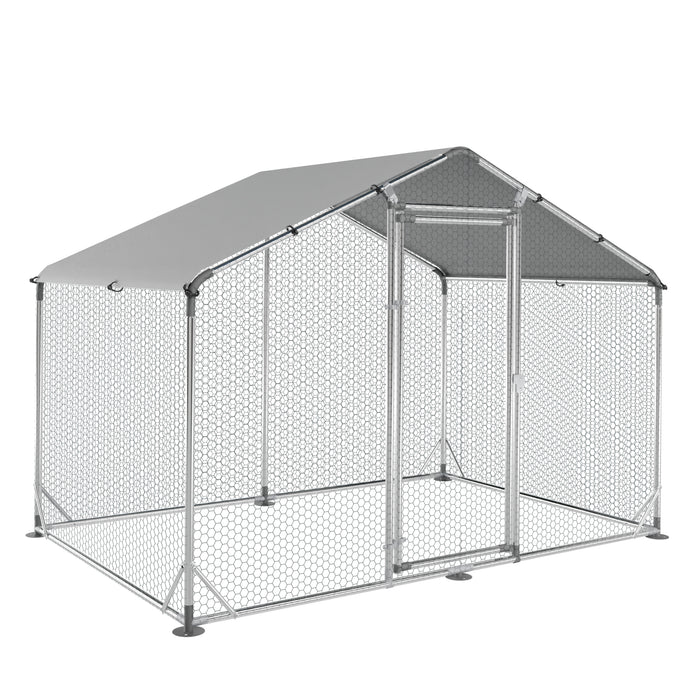
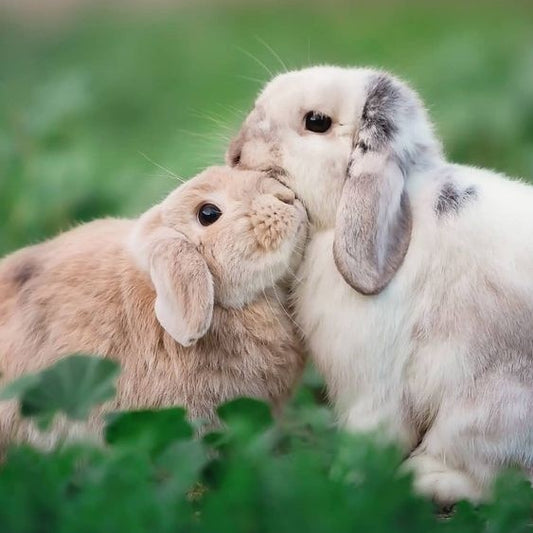
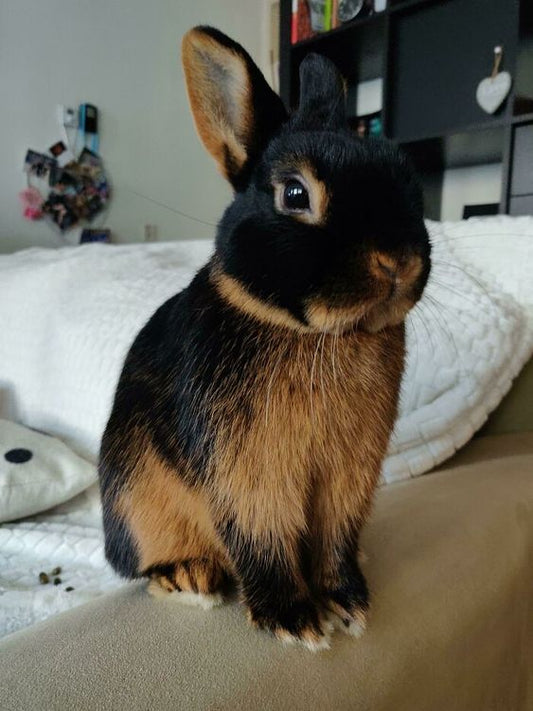
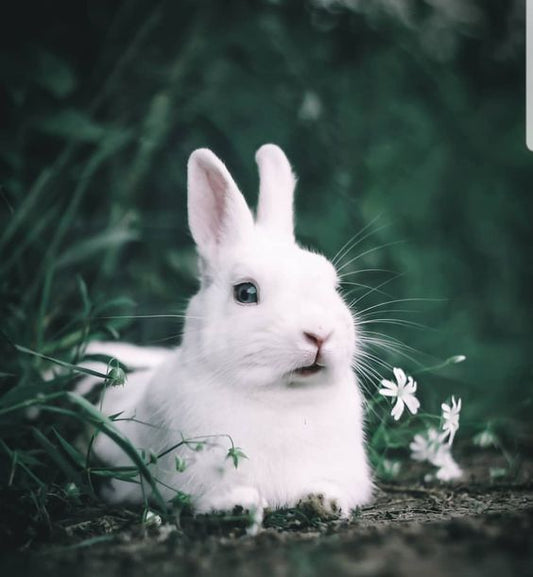
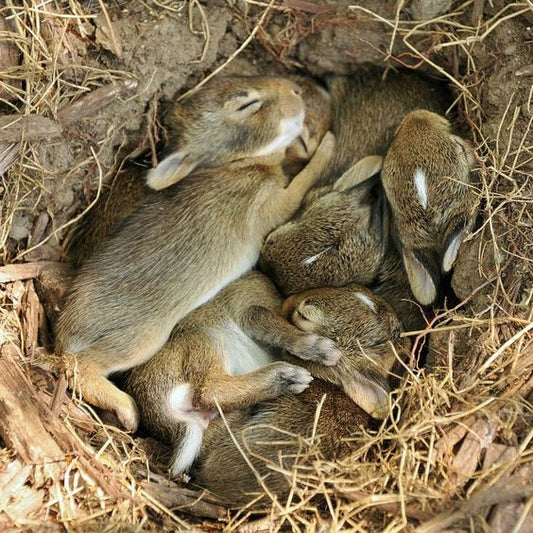
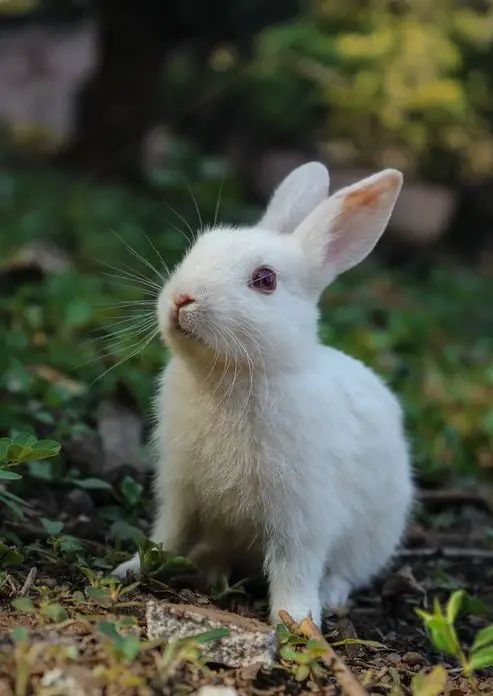

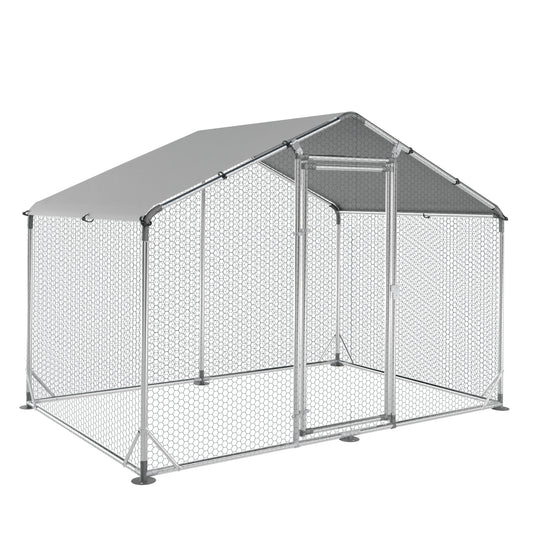
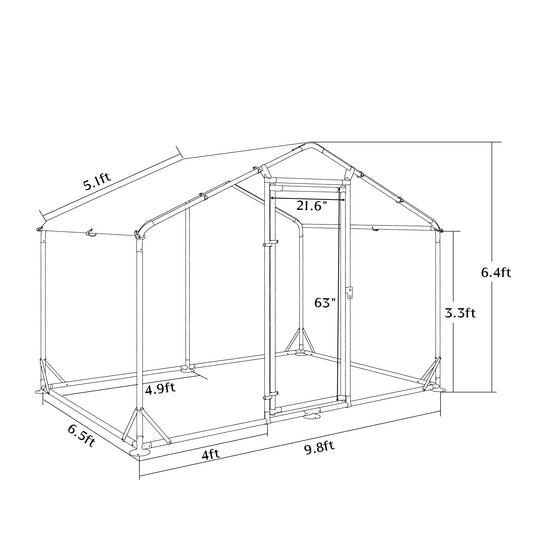
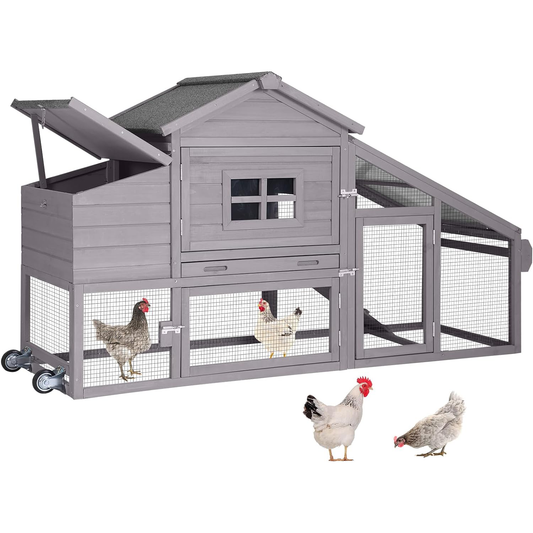

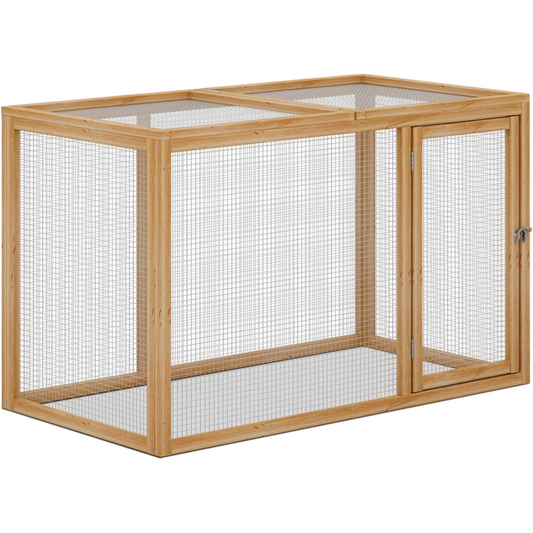
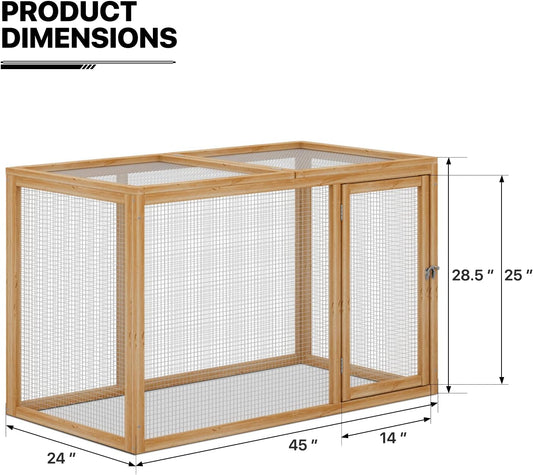
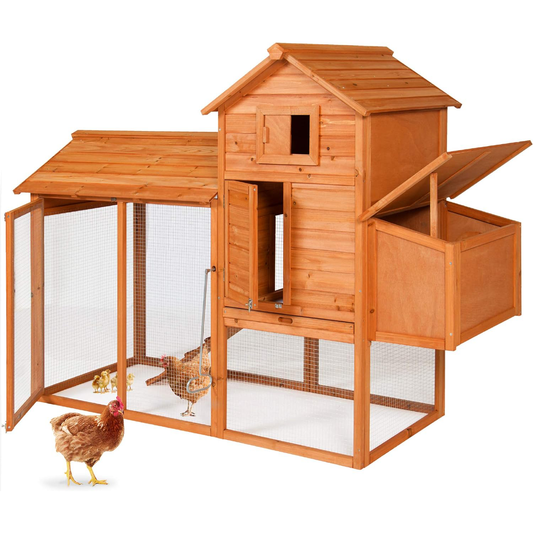
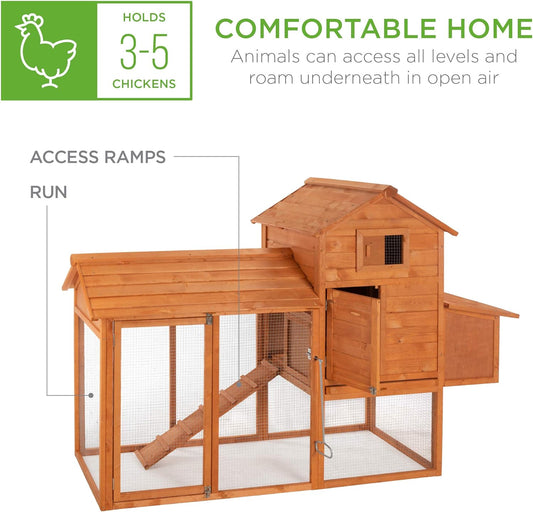
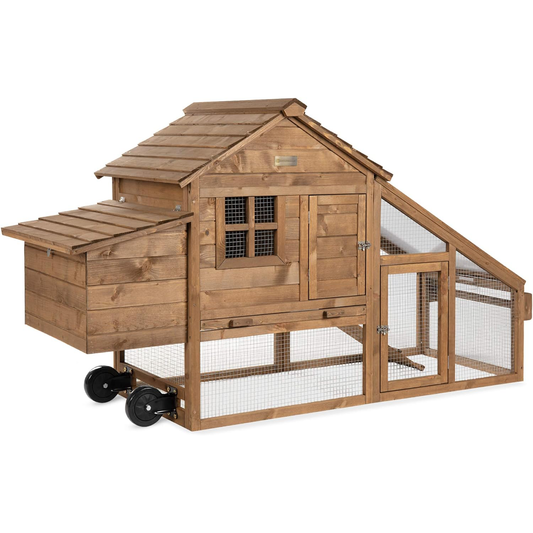

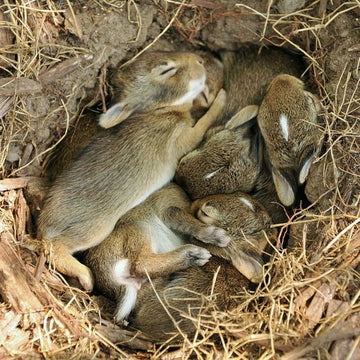
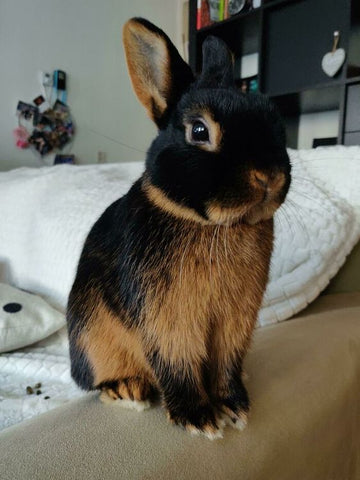

0 comments